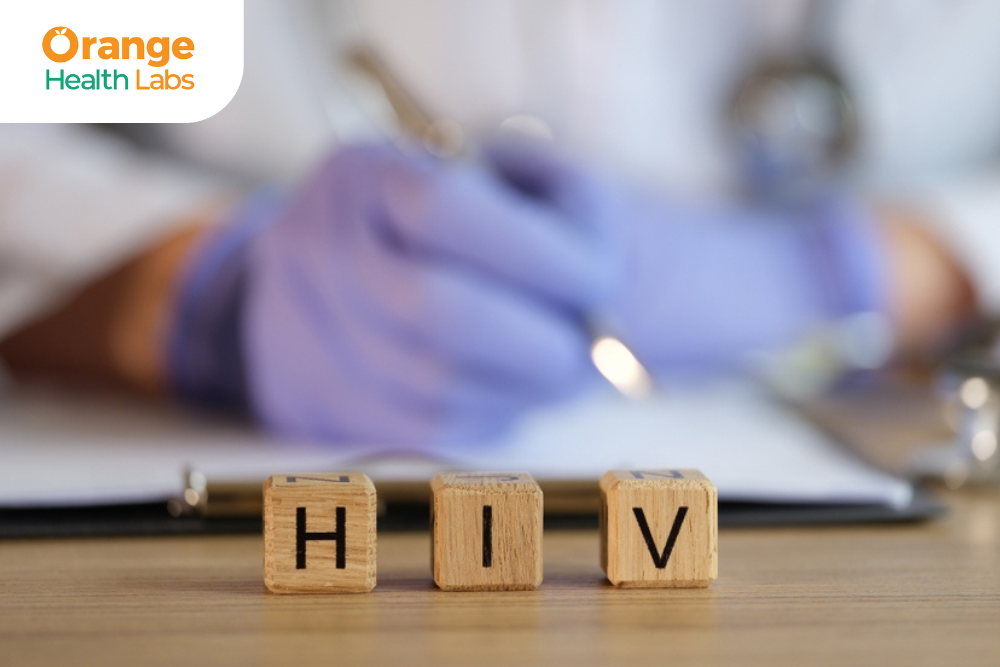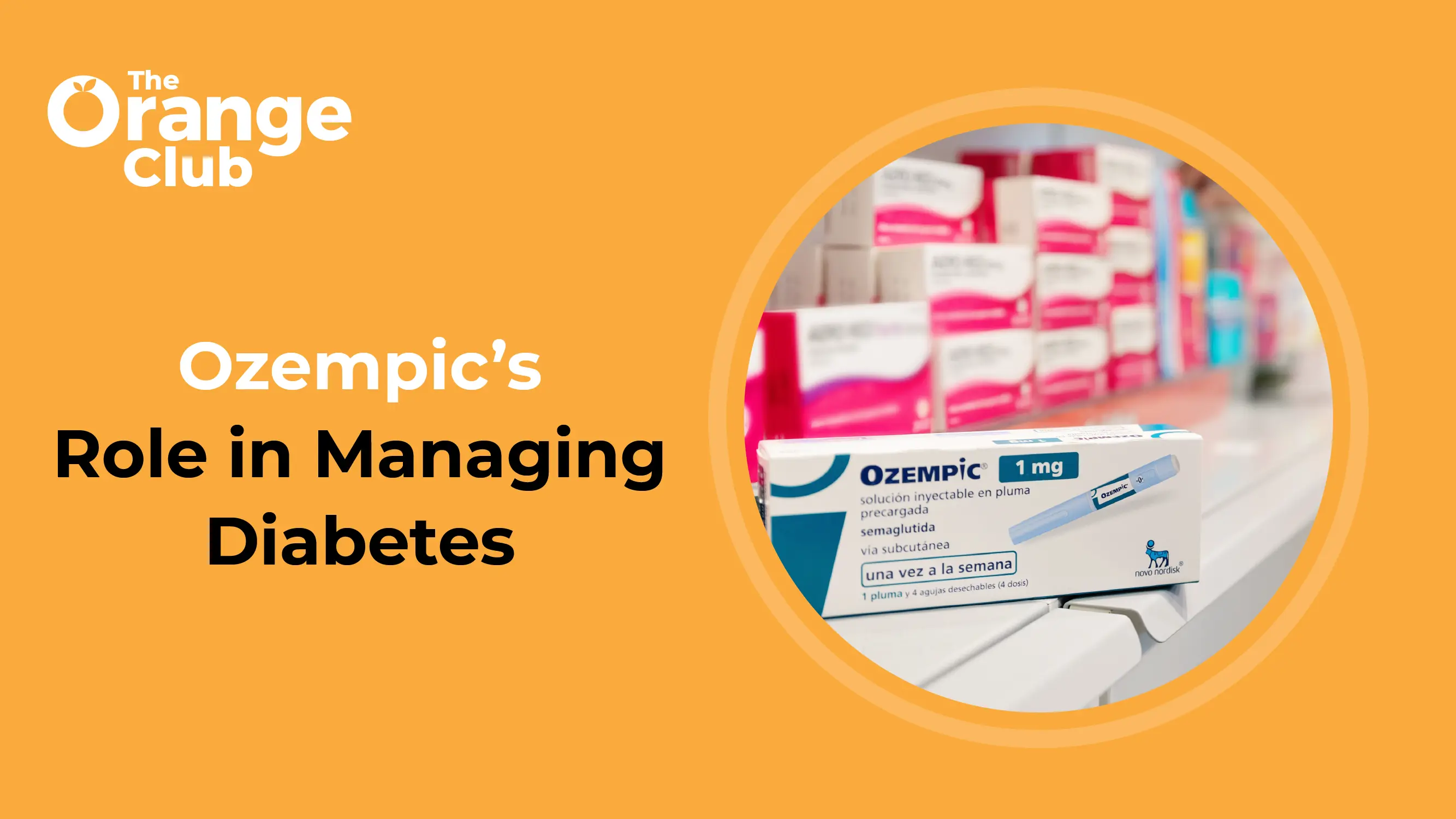Search for
SupportThe Importance of Early HIV Detection: A Medical Perspective

Introduction
HIV, or Human Immunodeficiency Virus, is a major health problem affecting millions of people around the world. It compromises the body's immune system, reducing its ability to combat infections and diseases, potentially resulting in severe health issues and mortality. As per the World Health Organization (WHO), globally, approximately 39 million individuals were living with HIV by 2022 end. In the same year, 1.3 million people glo According to a 2021 estimate by the National AIDS Control Organisation (NACO), India's adult HIV prevalence (15-49 years old) stands at 0.21%. The ‘India HIV Estimates 2021’ report estimates that about 24.01 million adults (aged 15 years and older) were living with HIV in India in 2021.
Early detection of HIV allows doctors to intervene before the virus significantly weakens your immune system. This improves treatment outcomes, and longevity. Importantly, early diagnosis helps prevent transmission.
Unfortunately, 20% to 30% of people with HIV in high-income countries are estimated to be unaware of their infection. Ultimately, an HIV test aids early detection and is key to managing your health and well-being, while also safeguarding the health of those around you.
Understanding HIV and Its Impact on Health
HIV is a virus that attacks the body's immune system, the network of cells and organs that fight off infections and diseases. It specifically targets the CD4 cells in the immune system, also known as T-cells. These cells play a central role in coordinating immune response and directing other immune cells to fight off infections. As HIV continues to replicate and destroy CD4 cells, the immune system becomes weaker. This makes it harder for the body to fight off infections and diseases. Healing of wounds may also be slower. In untreated cases, HIV infection can progress to AIDS, leaving individuals vulnerable to life-threatening illnesses.
Here's a breakdown of the typical progression:
- Acute HIV Infection (Stage 1): This is the initial phase, occurring within a few weeks after contracting HIV. Flu-like symptoms like fever, fatigue, and swollen lymph nodes may be present, but some people experience no symptoms.
- Asymptomatic HIV Infection (Stage 2): This stage can last for years, often with no symptoms. During this time, the virus continues to multiply and destroy CD4 cells.
- Symptomatic HIV Infection (Stage 3): As the immune system weakens, people may start experiencing recurrent infections, fatigue, weight loss, and swollen lymph nodes. This stage indicates a decline in CD4 cell count.
- AIDS (acquired immunodeficiency syndrome) (Stage 4): This is the most advanced stage of HIV infection. Individuals become susceptible to opportunistic infections, cancers, and other serious illnesses.
Benefits of Early HIV Detection
Early diagnosis of HIV offers a range of benefits:
- Effective Treatment: Anti-retroviral therapy or ART, when initiated early, can significantly reduce the viral load (amount of virus in the blood) to undetectable levels in many cases.
- Stronger Immune System: With effective treatment, the immune system can begin to recover, fight off infections more effectively.
- Improved Quality of Life: Early intervention allows people with HIV to live longer, healthier lives with increased energy levels and a reduced risk of illness.
- Reduced Transmission Risk: Treatment significantly reduce the viral load, making transmission to others much less likely. This is sometimes referred to as "treatment as prevention" (TasP).
- Better mental health: Knowing your HIV status empowers you to make informed decisions regarding relationships, sexual health practices, and future planning. Studies suggest a correlation between knowing one's HIV status and improved mental health outcomes, including a lower risk of depression and anxiety.
Technological Advancements in HIV Testing
The landscape of HIV testing is constantly evolving, offering faster, more convenient, and potentially more accessible ways to get an HIV test, making early diagnosis easier than ever. Here are some of the latest technologies in HIV testing:
- Fourth-generation Antigen/Antibody Tests: Earlier detection through combined antibody and antigen detection.
- Rapid HIV Tests: Convenient and fast results (minutes) using finger prick or oral fluid.
- Home Access HIV Tests or Self-Sampling Kits: Self-testing in a private setting with biospecimens.
In the future, ultra-rapid HIV test could deliver results in seconds. These innovations are making HIV testing easier, faster, and more accessible, leading to earlier diagnoses and better health outcomes.
Barriers to Early HIV Testing
Stigma and social barriers, including limited access to healthcare in certain regions, remain roadblocks to HIV testing. Additionally, the following factors add to the reasons for delayed HIV test:
- Fear of discrimination
- lack of awareness
- confidentiality concerns
- the physical absence of testing facilities or qualified healthcare providers
All of the above contribute to early testing and detection.
Strategies to Promote Early HIV Test
Efforts to combat stigma through education and ensure confidential, accessible HIV testing services in all communities are crucial to encourage people to prioritize their health and get tested. Public health campaigns and education directly promote early HIV testing. They raise awareness about the importance of early detection and dispel myths about HIV, empowering informed health decisions. Educational efforts demonstrably reduce stigma, fostering a more supportive testing environment for getting an HIV test. By informing the public about risk factors, prevention, and local testing resources, campaigns empower individuals to take charge of their health and prioritize early detection. This translates to earlier diagnoses and improved health outcomes for those living with HIV.
Public health campaigns are essential, but early detection requires more. Policymakers and healthcare providers must collaborate:
Policy Changes:
- Expand insurance coverage for HIV test.
- Promote routine testing during checkups.
- Strengthen privacy and confidentiality laws.
Healthcare Provider Initiatives:
- Normalize HIV test in routine care.
- Offer rapid tests for same-day results.
- Foster open communication and address concerns.
- Build referral networks for support services.
This collaboration creates a more accessible and supportive environment for early HIV test, ultimately leading to better health outcomes.
Conclusion
Early detection of HIV offers significant benefits. It empowers individuals who get an HIV test to access prompt treatment, effectively manage their health, and live long, fulfilling lives. This early intervention also translates to a substantial public health benefit by significantly reducing the risk of spreading and transmission to your loved ones. By getting tested early, individuals can take charge of their well-being and contribute to a healthier community for all.
Frequently Asked Questions (FAQ):
1. What is an HIV test?
HIV test is a blood test or saliva test that detects the presence of human immunodeficiency virus or HIV in the body.
2. Why is an early HIV test important?
Early detection allows you to access treatment sooner, which can significantly improve your health outcomes, reduce the risk of complications, and lower the risk of transmission to others.
3.Who should do HIV Test?
Anyone who is concerned about their HIV status should get tested. This includes people who have engaged in risky sexual behaviour like having multiple partners, unprotected intercourse, sharing needles, or healthcare workers who interact with such individuals, etc.
4. Is getting tested for HIV confidential?
Yes, getting an HIV test is confidential by law. Healthcare providers cannot share your HIV test results with anyone without your consent.
5. I'm worried about getting tested because of stigma.
Stigma associated with HIV is a real concern. HIV test is confidential, and treatment can help you live a healthy life. Healthcare providers cannot share your test results with anyone without your consent. So, getting tested if there is suspicion or high-risk is important.
Book HIV Test in your city: HIV Test in Mumbai | HIV Test in Bangalore | HIV Test in Noida | HIV Test in Hyderabad | HIV Test in Gurgaon | HIV Test in Faridabad | HIV Test in Delhi

What is Chikungunya and What Are Its Symptoms?

What Is the Role of Papaya Leaf Extract in Dengue Treatment?
